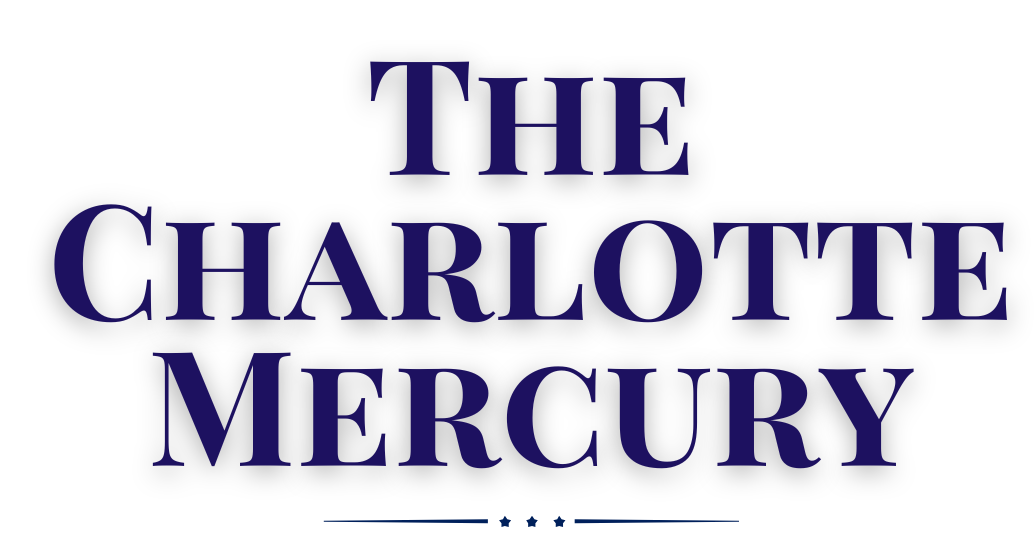Charlotte Office Vacancy: Stalled Recovery in 2025 🏢
Charlotte’s office market remains in limbo as 2025 kicks off, with vacancy rates at 24.6%. Despite slight improvements from last year’s record highs, the Queen City still struggles to adapt to a post-pandemic reality. The national average, by comparison, rests at 20%, according to Moody’s Analytics.
Construction of new office space in Charlotte has slowed, with 840,000 square feet still underway. Developers are betting that fewer new projects might help stabilize the market, but recovery remains slow.
Yongqiang Chu, director of UNC Charlotte’s Childress Klein Center for Real Estate, paints a bleak short-term picture: “Employers have reduced their demand for office space… Growth will help, but it will take years.”
What’s Causing the Problem?
High vacancy rates can be traced to a pre-COVID construction boom. Buildings completed after the pandemic’s onset, such as 110 East in South End and Escent Research Park, remain primarily empty. Compounding the issue, employers favor modern spaces in South End and Ballantyne over older Uptown properties.
In response, some Uptown properties are undergoing multimillion-dollar renovations to attract tenants, while others pivot to repurposing. For example, the Johnston Building will soon become a hotel, and Duke Energy’s former headquarters will transform into housing and retail.
Still, the city is grappling with declining property values, as evidenced by steeply discounted sales. The 121 W. Trade St. building, for instance, sold in December for $32 million, less than half its previous $71.6 million price tag.
What’s Being Done?
City leaders and developers are exploring solutions to address high vacancy rates:
- Zoning Changes: Allowing flexible uses for office spaces, such as residential or mixed-use conversions.
- Renovations: Modernizing older properties to compete with newer developments.
- Partnerships: Collaborating with economic leaders to create incentives like demolition funds.
“This is a community issue, not just a city problem,” said Malcolm Graham, chair of the city council’s jobs and economic development committee.
Brought to You by Carolina Steel Sports Bar 🍻
After diving into the challenges of Charlotte’s office market, relax and refuel at Carolina Steel Sports Bar! Located at 12026 Copper Way in Toringdon Circle, it’s the Queen City’s go-to spot for great food, cold drinks, and nonstop sports.
Daily Specials You Can’t Miss:
- Monday: 20% off pizzas, $3 Miller Lites, and $3 domestic mugs 🍕🍺
- Tuesday: $4 tacos and $4 tequila shots 🌮🔥
- Wednesday: Half-price appetizers and $4 well drinks 🥨🍹
- Thursday: 20% off wings and $5 Tito’s vodka specials 🍗🍸
- Friday: $9.99 medium pizzas and $2 Miller Lites 🍕🍺
- Saturday: $8 lemon drop shots and $5 Fireball shots 🍋🔥
- Sunday: 10% off Pittsburgh favorites and $5 Iron City bottles 🏈🍻
📞 Call 980-334-6712 or visit CarolinaSteelSportsBar.com for more info!
Why This Matters
Charlotte depends heavily on commercial property taxes, which contribute nearly 20% of the city’s general revenue. A prolonged slump in office occupancy threatens to erode this base, potentially shifting the tax burden onto homeowners.
The city council continues to weigh intervention, from easing rezoning processes to incentivizing adaptive reuse. As assistant city manager Tracy Dodson noted, “Office-to-residential conversions will be small but important. The zoning code needs to reflect that.”
Explore More Stories
- A Legacy of Advocacy: John Holmes III and the Vision for a Better Charlotte
Discover how one advocate’s passion is reshaping the Queen City. 🌟 - Ballantyne Living at Its Finest!
Step inside luxury living in Thornhill, where charm meets convenience. 🏡
☕ Jack Beckett | Senior Writer, Charlotte Mercury
Fueled by caffeine and a devotion to Charlotte’s stories, I keep the Queen City informed. Explore our reporting at CLTMercury.com, or message us on Twix (Twitter).
From zoning to sports, we’ve got you covered:
#LastToFirst | #WeAreCharlotte










